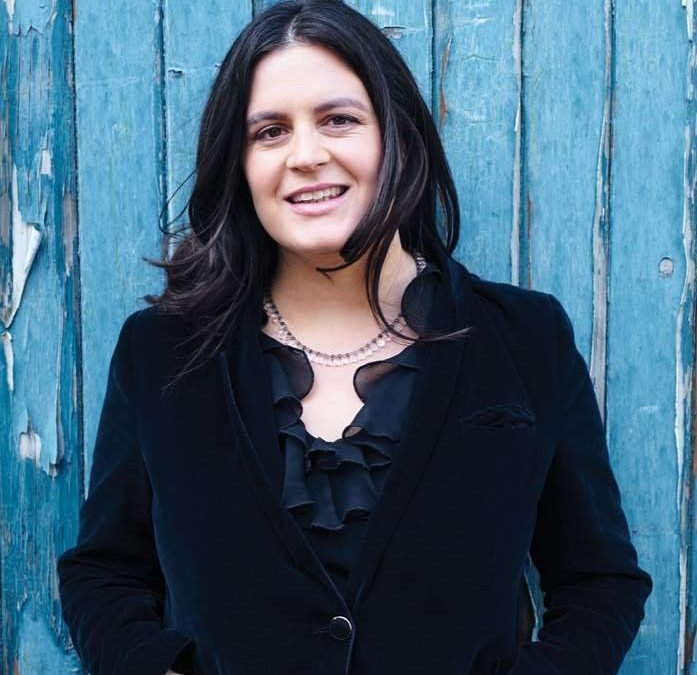
Like fine wine, creatives improve with age
A few weeks ago I attended an event at the National Theatre, where the legendary director Peter Brook was in conversation with arts journalist Mark Lawson. Brook is ninety-four years old now, but is as busy as ever: the talk was to promote his new book, Playing by Ear, he’d just finished a world tour of his new play, Why?, and the previous weekend he’d been in Spain to collect a lifetime achievement award. He was in sparkling form, just as quick-witted and insightful as the man who started his directing career over seventy years ago.
Unlike many other professions, the arts doesn’t have a retirement age. Caryl Churchill, who’s eighty-one, has just had a Royal Court premiere of her new play Glass. Kill. Bluebeard. Imp., which was shortlisted at this year’s Evening Standard Theatre Awards. Ian McKellen is still going strong at eighty – in fact he celebrated his landmark birthday by creating a one-man show, Ian McKellen on Stage, about his life and career, which he’s taken on tour to raise money for theatres across the UK – including brilliant amateur venues such as Questors Theatre in London, Maddermarket Theatre in Norwich, and Wigan Little Theatre. It finally finishes in January, after a four-month run in London’s West End.
Age is no barrier to creativity. Just like playing an instrument or painting, theatre-makers get better with practice – and the longer they’ve been acting, writing or directing, the more opportunities they’ve had to develop their craft. Older actors have also simply seen and felt more of life, which they can bring to the characters they portray. Harriet Walter played Cleopatra for the Royal Shakespeare Company in 2006 at the age of fifty-nine and, as she writes in her book, Brutus and Other Heroines, drew directly on her “real experience of a woman on the cusp of old age, with all the contradictions that presents.” Older writers or directors working on a new script or production can mine not just their own past work, but also everything they’ve lived as people.
Older actors are well-represented in amateur theatre. Government research into the composition of amateur groups estimates that around 20% of members of amateur theatre groups are sixty-five or over, with roughly the same proportion giving their employment status as ‘retired’. Once they’re not stuck in an office for five days a week, retirees have more time to give to their passion – and amateur theatre groups are a brilliant place to meet and form friendships with people who share your interests.
Luckily there’s lots of fantastic new writing out there, both comedies and dramas, with great parts for older actors: Goodbye to All That by Luke Norris, Trestle by Stewart Pringle and Halcyon Days by Deirdre Kinahan are all brilliant scripts with warm, funny older roles at their centre. Alecky Blythe’s verbatim play Cruising shares hilarious and moving real-life stories of pensioners seeking passion – some of which are downright saucy! Caryl Churchill’s award-winning Escaped Alone is a disturbing but also laugh-out-loud drama featuring four female friends, specified in the script as all being ‘at least seventy’. The Children by Lucy Kirkwood is a gripping drama about three nuclear scientists in their sixties. Some plays offer fascinating opportunities to play with perceptions of age: Seventeen by Matthew Whittet focuses on a group of teenagers thinking about what lies ahead in their lives, with all the roles played by actors in their seventies.
Also, don’t be afraid to be bold with your casting, whether that means playing around with age or gender. After Cleopatra, Harriet Walter feared she’d never get the chance to tackle a leading Shakespeare role again – but has since started playing male characters such as Brutus, Henry IV and Prospero, with great success. Glenda Jackson played Lear to rave reviews in London and New York. Going the other way, a few years ago David Suchet took on Lady Bracknell in The Importance of Being Earnest. Similarly, casting against age can have wonderful results: Patrick Stewart was sixty-six when he played Macbeth in Rupert Goold’s production, and one review called it ‘probably the finest performance of his career’.
And why just limit this to the classics? There are surely lots of contemporary plays just waiting for bold casting choices, which can give performers unexpected opportunities and maybe shine new light on a script and role we thought we knew.
Ultimately, actors are just actors. No one ever feels their age. At one point in Ian McKellen’s live show, he ‘plays’ an eighty-year-old – or at least, the version of eighty he played when he was thirty, complete with bent back, rasping voice and faltering delivery. This couldn’t be more different from the actual man performing his show night after night with unstoppable energy. So forget retirement. Keep acting. Keep creating. And if you need help or suggestions on finding the right script to showcase your talents, don’t hesitate to get in touch.
Tamara von Werthern is Performing Rights Manager at Nick Hern Books.
She is also a playwright, dramaturg and theatre-maker.


